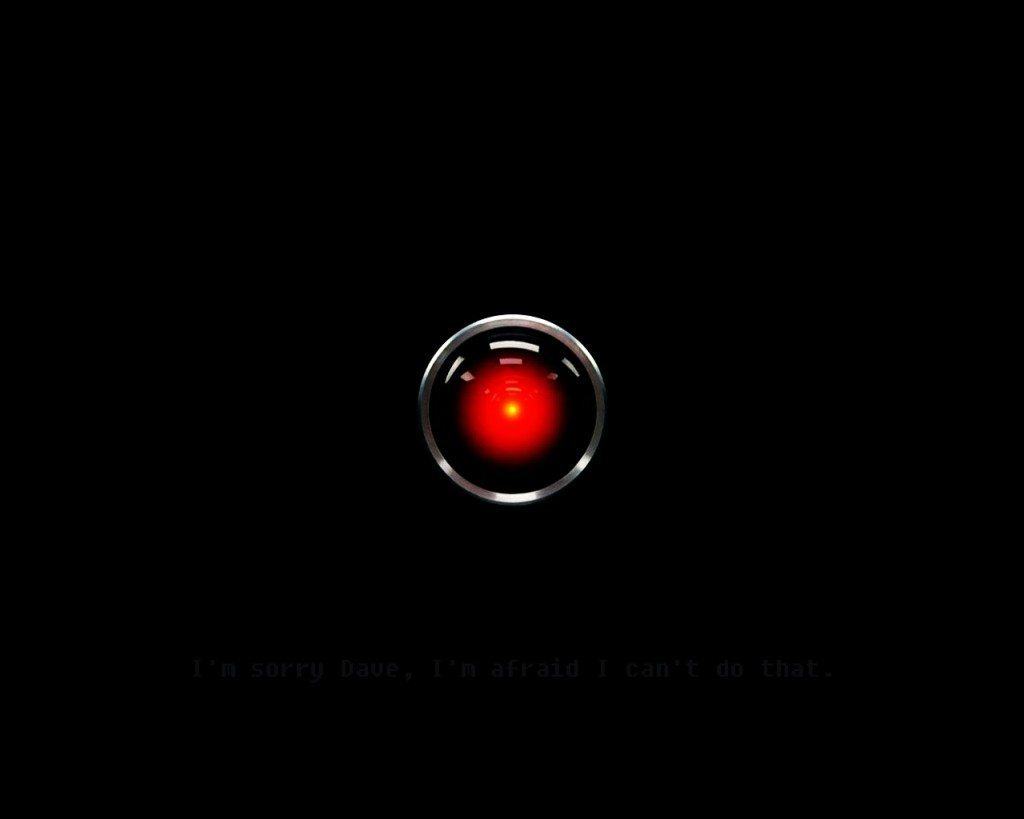SAN JOSE, Calif. – New silicon and services are on the way to expand the emerging field of ambient computing Amazon pioneered with Alexa. New options may arrive this year from Google, Microsoft, Intel and perhaps Apple for devices with built-in voice interfaces linked to cloud services.
In a sign of how fast the field is moving, one startup claims it will support multiple machine-learning services “if not when we ship this summer, very soon afterwards,” said Aaron Emigh, founder and chief executive of Brilliant, which is building lighting controls that use Alexa and at least one other service.
“Microsoft and Google have services as well as voice recognition from Nuance…Samsung bought Viv–these companies are being snapped up pretty quickly–and Greylock is backing a startup called Ozlo,” Emigh said.
Dozens of developers showed Amazon’s Alexa service integrated in smart home products at CES in January. “That was the most remarkable thing I saw there, you could see [Amazon’s momentum] even at last year’s CEDIA,” he said.
Shawn DuBravac, chief economist with the Consumer Technology Association that hosts CES, estimates he saw hundreds of Alexa-enabled devices at the event from Fitbits to white goods such as refrigerators, washers and dryers. Voice is a new “faceless computing interface, a glue that binds together devices like a common operating system,” he said.
Belkin’s Linksys group last week enabled three Alexa services for more than 1.5 million users of its Wi-Fi routers. They let owners of Amazon Echo and Dot smart speakers check or share passwords for the access points.
For its part, Brilliant will roll out smart light switches that include LCDs believing a mix of voice and touch control will create a new style of ambient computing. Such products bring to life early visions of pioneers of what’s now widely called the Internet of Things–computers that disappear into the environment.
While Amazon’s Alexa dominates the space with an estimated eight million systems shipped, it’s still early days. “The future may look like many devices accessing many systems that are good at different things,” Emigh said.
So far Amazon’s OEM program is garnering praise from users and analysts, while Microsoft’s OEM program for Cortana is in a nascent stage. Google is said not to have launched yet a formal OEM program for the Google Assistant service in its Pixel phones.
Nuance has a voice recognition service to which it recently added machine-learning capabilities and partners, but it generally targets service providers, not OEMs. Just what Apple plans for its Siri service in the smart home could be revealed at the company’s annual developer conference in June.
In voice-recognition services accuracy varies, but “the APIs are similar, and pricing is in the same ballpark with Microsoft slightly cheaper, Nuance more expensive and Google in the middle,” Emigh said.
A Microsoft spokesman said its Cortana Devices SDK is currently in private preview and will be available more broadly later this year. Cortana also will be able available on Windows 10 IoT Core devices with displays.
Next page: Conexant, Intel field Alexa chips
Product planners across the industry are sharpening their pencils to determine what services to use in which products. For example, LG announced consumer products using Alexa at CES, but is expected to show the Google Assistant in phones at Mobile World Congress. The South Korean giant is trying to rationalize its still-agnostic AI strategy, said a spokesman.
In addition to LG, Ford, Volkswagen, Huawei, Dish and Lenovo were among big names supporting Alexa at CES. An Amazon spokesman said the company registered 10,000 developers for its Amazon Voice Services.
In December, Conexant announced a developer’s kit for Alexa including the chip vendor’s audio processor and a two-mic development kit. It included a wake-word recognizer, a software component for triggering the system typically using third-party code.
Last year, Intel said it was working with Amazon to deliver a reference design for smart speakers using its chips. “We’re hoping to add even more options for developers in the future,” said an Amazon spokesman.
Such turnkey hardware packages will accelerate development, said Emigh.
“Up to now, you’ve had to figure it out yourself with mics and audio processors and/or SoCs and work with companies licensing wake-word recognizers all piece by piece,” he said, noting Brilliant designed its own systems with an unnamed SoC. “It works well now but we have parallel development paths,” he added.
To keep pace, Google needs to ramp up an OEM and developer program around its Google Assistant quickly, said analyst Richard Windsor of Edison Investment Research.
“Google really needs is to offer love and support to developers of smart home products. Google’s failure to do this was visible on every stand at CES where a smart home product was to be found as they all will work with Amazon Alexa. Only a very tiny fraction will work with Google Assistant,” Windsor said in a research note.
So far Google has shipped about half a million of its Home devices, its equivalent of the Amazon Echo and Dot.
“Many developers find that Google is difficult to work with and some did not even know who at Google to call to enable Google Home with their product…at the moment it is Amazon that is blazing the trail and if Alexa makes it into the majority of households before Google…then the game will, in
— Rick Merritt, Silicon Valley Bureau Chief, EE Times 
Related posts:
all probability, already be lost,” he said.







